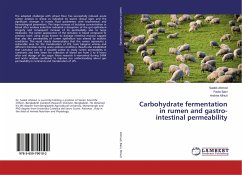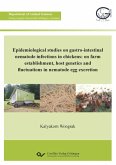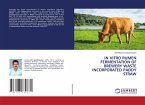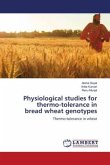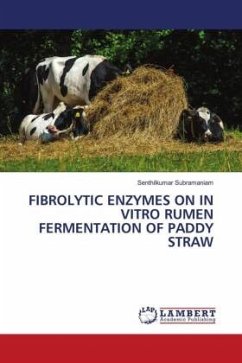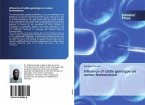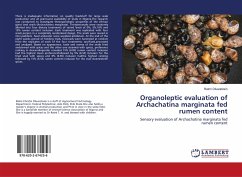The adopted challenge with wheat flour has successfully induced acute rumen acidosis in sheep as indicated by severe clinical signs and the significant changes in rumen fluid parameters with biochemical and hematological parameters. The large increase of lactulose concentration in blood after acidosis induction indicated a disruption of the gut epithelium integrity and consequent increase of its permeability also to large molecules. The earlier appearance of the lactulose in blood compared to previous work using drugs known to damage intestinal mucosa suggest that also the permeability of rumen epithelium was altered by acidotic conditions. This result clearly demonstrates that the rumen represents a vulnerable area for the translocation of LPS, toxic biogenic amines and different microbes during acute acidosis conditions. Results also established that Lactulose can be a valuable probe to study rumen permeability in ruminants and best times for collection of blood are from 2 to 6hours after oral dosage of the sugar. More research is warranted during SARA and acute acidosis conditions to improve our understanding about gut permeability in ruminants and translocation of LPS.
Bitte wählen Sie Ihr Anliegen aus.
Rechnungen
Retourenschein anfordern
Bestellstatus
Storno

